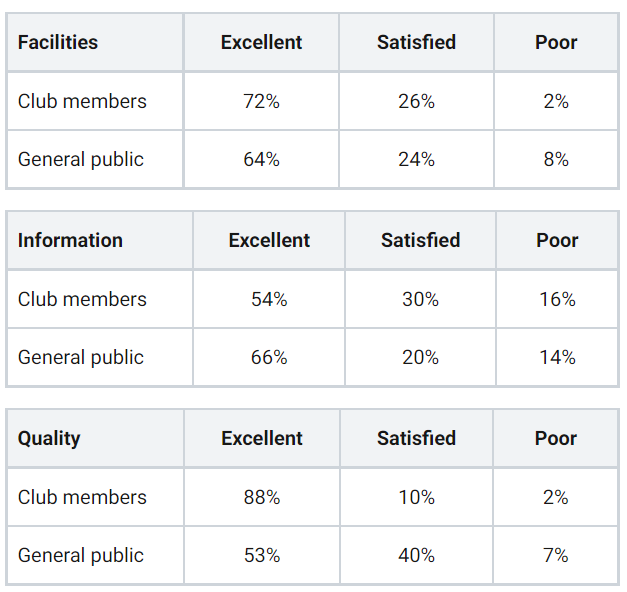jane_00
Aug 9, 2022
Writing Feedback / Government should not spend money on international aid when they have their own disadvantaged people [2]
Some people believe that the government should not spend money on international aid when they have their own disadvantaged people, like the homeless and unemployed.
In recent decades, it goes without saying that the ubiquity of needy people has become a topic of public interest. It is argued that some people propose not to misspend the state budget for overseas deprived people due to having the nation's underprivileged inhabitants. While there is some truth to this testament, I still gravitate towards the government coffers not only for natives but also abroad.
On the one hand, there are many compelling reasons why some advocate not diverting allowance to foreign aid. It is evident that some leaders place too much attention on outsiders, they tend to disregard their own impoverished ordinary people. Therefore, some residents, especially vagabonds and job seekers, do not want to lose their financial benefits and colossal grant to cosmopolitan funding organizations. Another justification is that it may be ineffective because they will not even witness whether this funding investment can speedily reach the poor's hands. It is due to the fact that some greedy people will want to profit from that money and make it their own in order to use it for personal or illegal purposes.
On the other hand, notwithstanding the aforementioned drawbacks of allotting the authority's money to worldwide assistance, I am convinced that the advantageous effects of this issue infinitely overshadow its disadvantages. Obviously, I would contend that the enthusiastic and generous support from an insignificant developing country, for example, Vietnam, will act as a precursor to international friendship and solidarity. In addition, our country will also acquire a reputation via a series of articles including on other countries' social media or daily news in order to raise the position to a new level. Another vindication is that this assistance will be conducive to strengthening national political security which plays an integral part in the career of maintaining long-term independence. For instance, great nations in terms of weapons, economics, science and technology such as America or Russia will come to our aid if a conflict breaks out.
In conclusion, while the proponents of not spending the administration's budget on worldwide support, I am convinced that we should take a broader and more open view of this.
Some people believe that the government should not spend money on international aid when they have their own disadvantaged people, like the homeless and unemployed.
To what extent do you agree or disagree?
In recent decades, it goes without saying that the ubiquity of needy people has become a topic of public interest. It is argued that some people propose not to misspend the state budget for overseas deprived people due to having the nation's underprivileged inhabitants. While there is some truth to this testament, I still gravitate towards the government coffers not only for natives but also abroad.
On the one hand, there are many compelling reasons why some advocate not diverting allowance to foreign aid. It is evident that some leaders place too much attention on outsiders, they tend to disregard their own impoverished ordinary people. Therefore, some residents, especially vagabonds and job seekers, do not want to lose their financial benefits and colossal grant to cosmopolitan funding organizations. Another justification is that it may be ineffective because they will not even witness whether this funding investment can speedily reach the poor's hands. It is due to the fact that some greedy people will want to profit from that money and make it their own in order to use it for personal or illegal purposes.
On the other hand, notwithstanding the aforementioned drawbacks of allotting the authority's money to worldwide assistance, I am convinced that the advantageous effects of this issue infinitely overshadow its disadvantages. Obviously, I would contend that the enthusiastic and generous support from an insignificant developing country, for example, Vietnam, will act as a precursor to international friendship and solidarity. In addition, our country will also acquire a reputation via a series of articles including on other countries' social media or daily news in order to raise the position to a new level. Another vindication is that this assistance will be conducive to strengthening national political security which plays an integral part in the career of maintaining long-term independence. For instance, great nations in terms of weapons, economics, science and technology such as America or Russia will come to our aid if a conflict breaks out.
In conclusion, while the proponents of not spending the administration's budget on worldwide support, I am convinced that we should take a broader and more open view of this.

